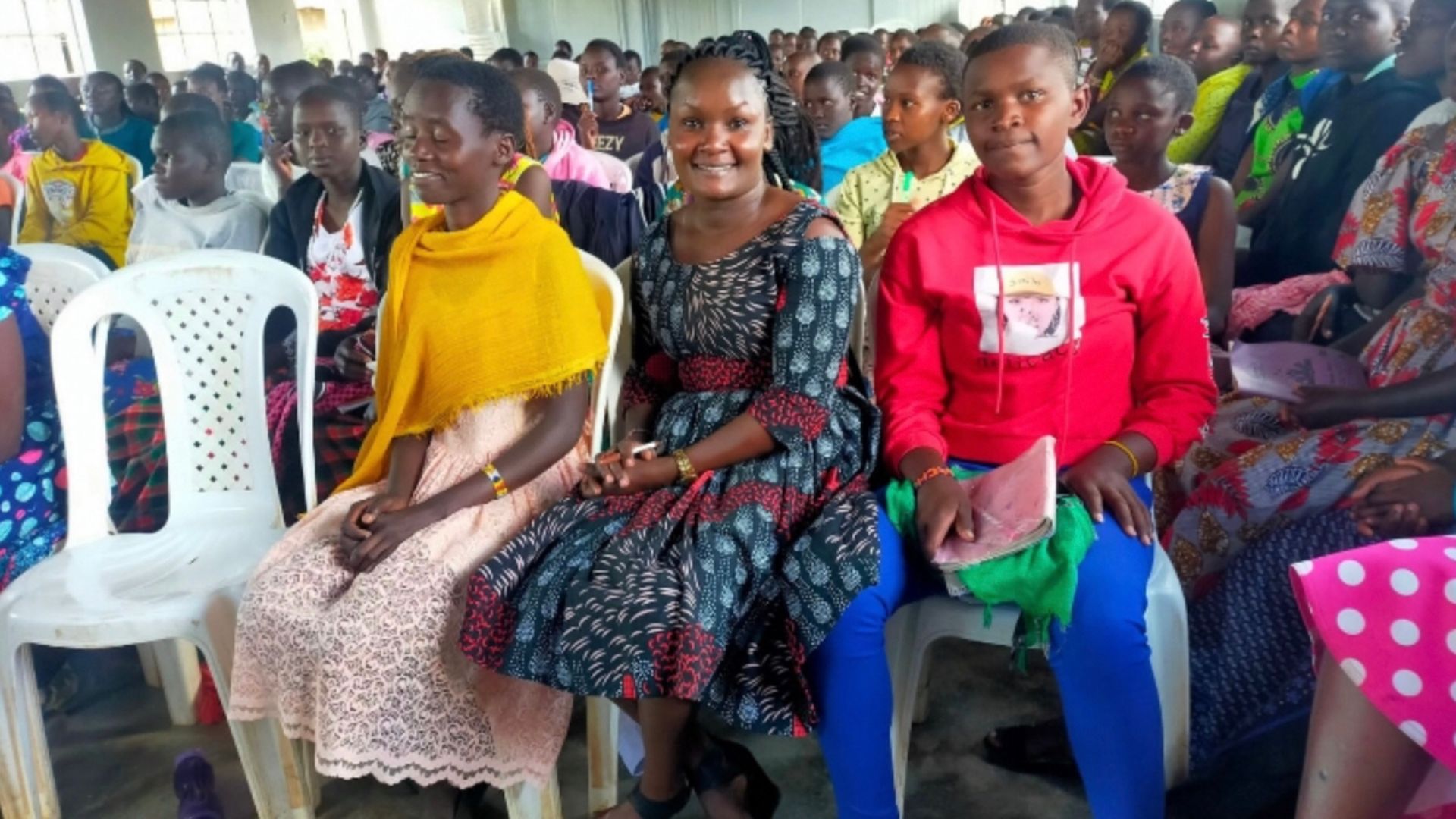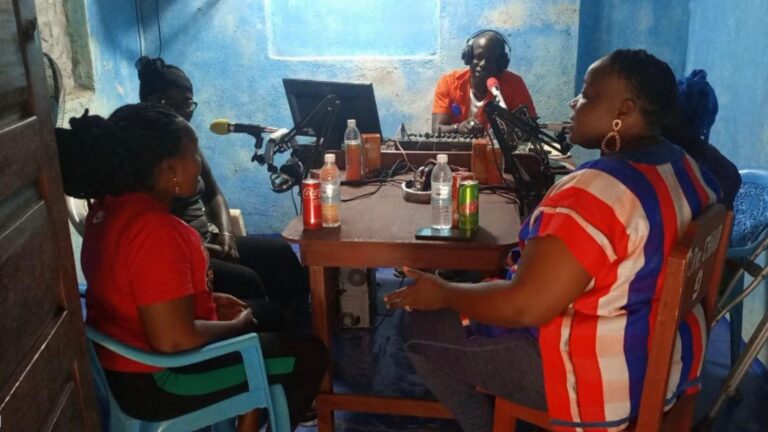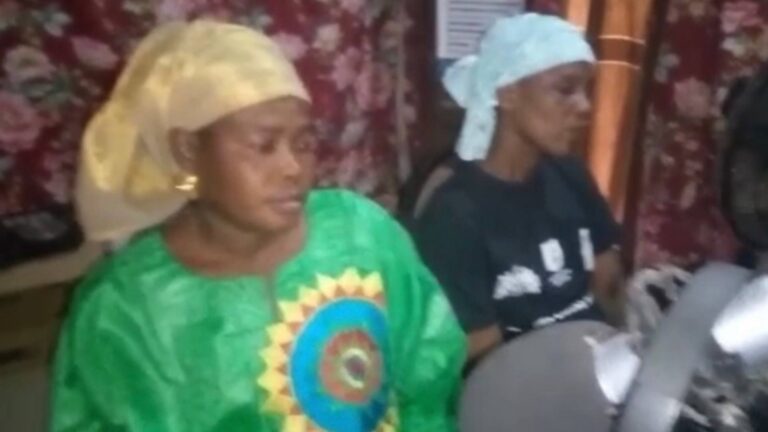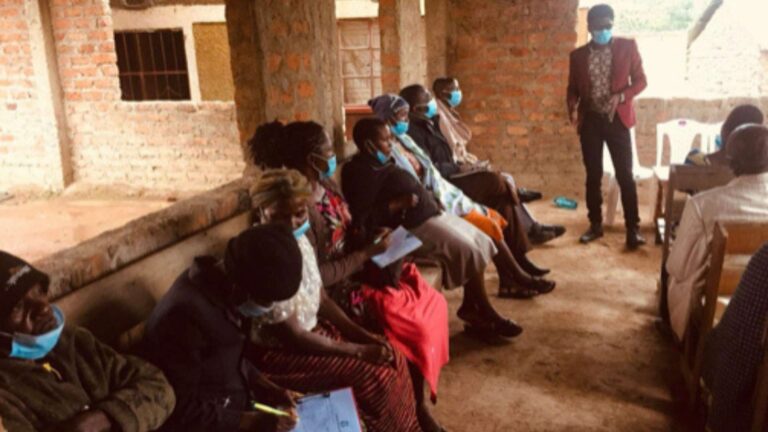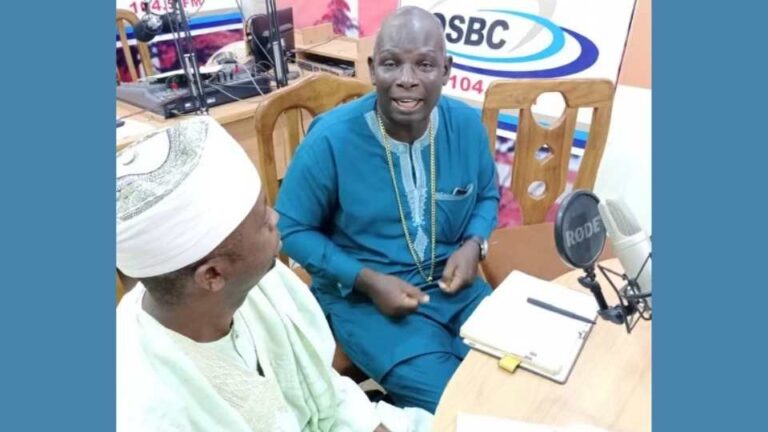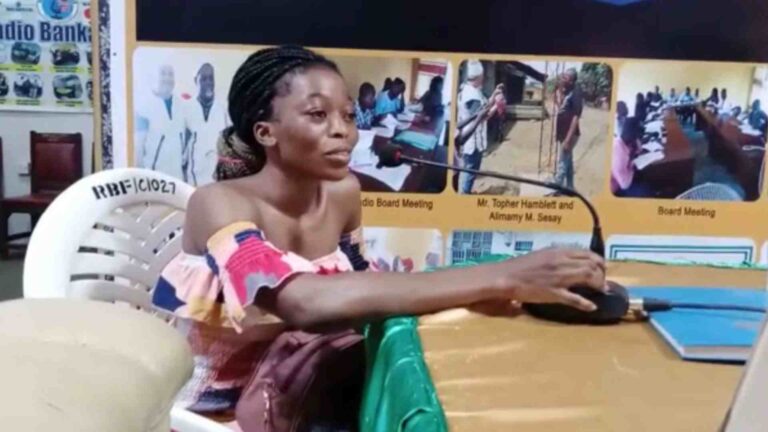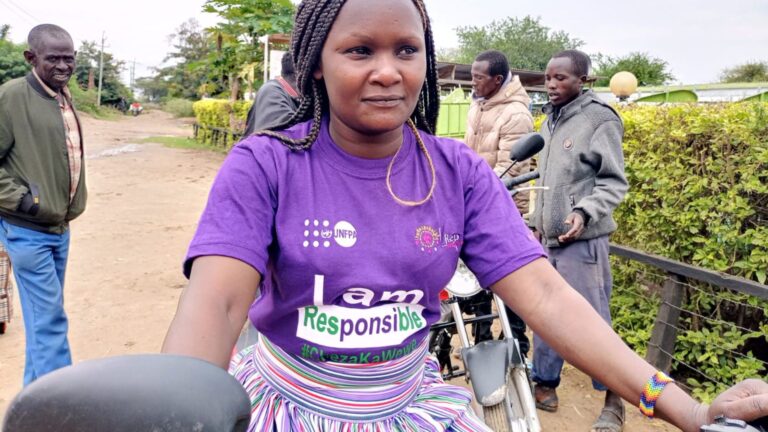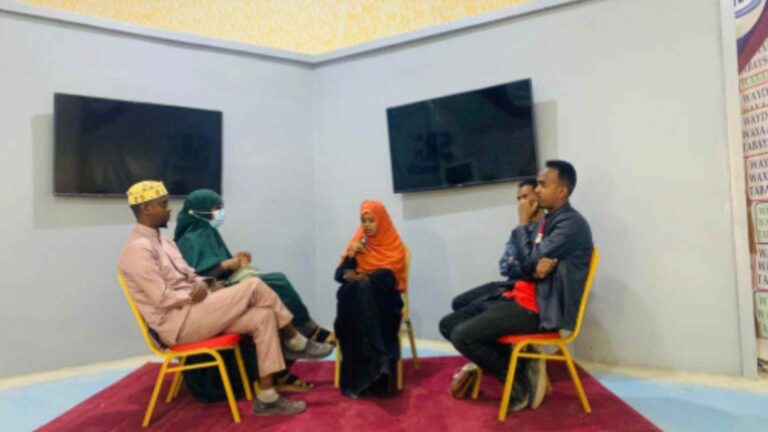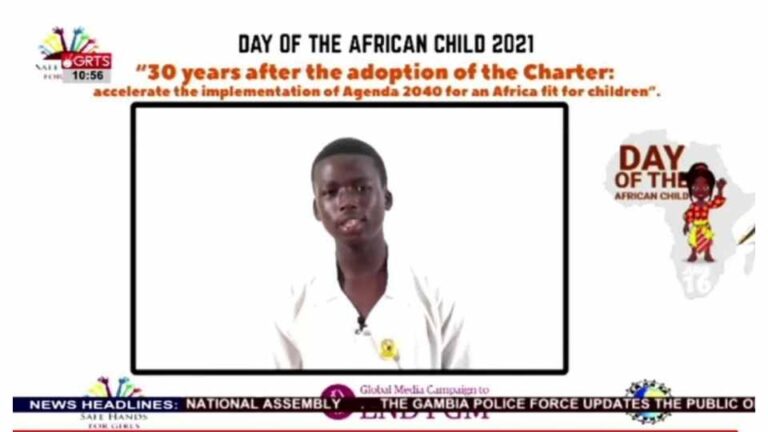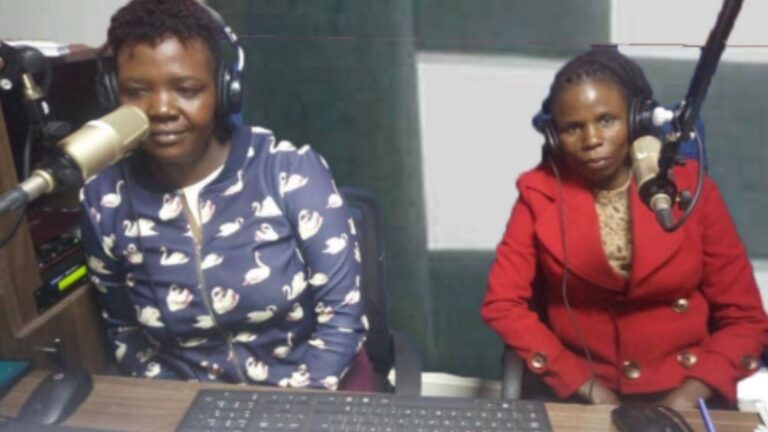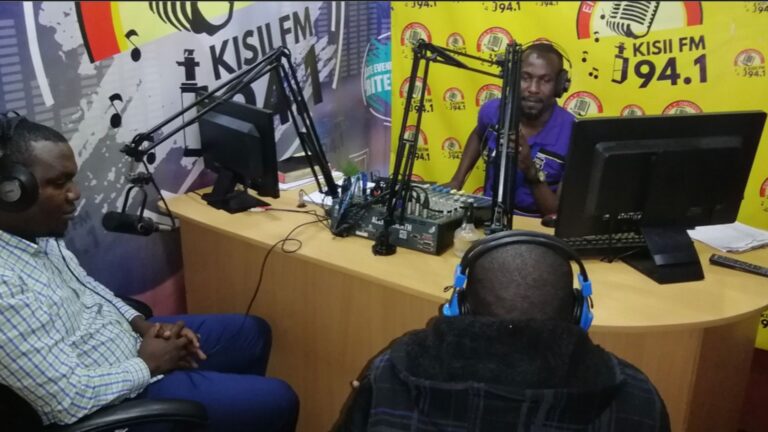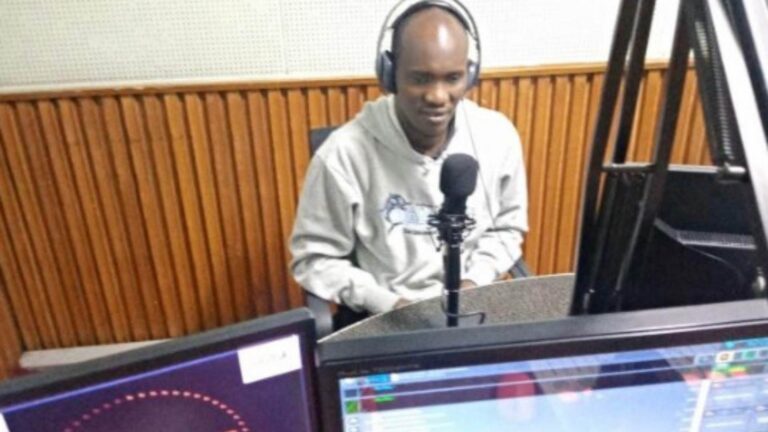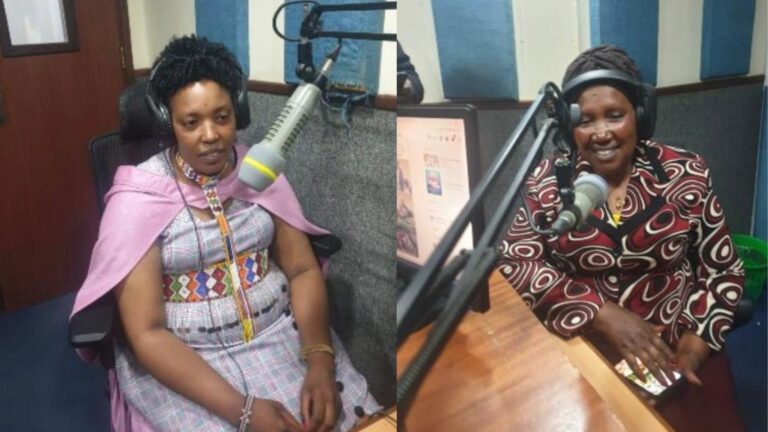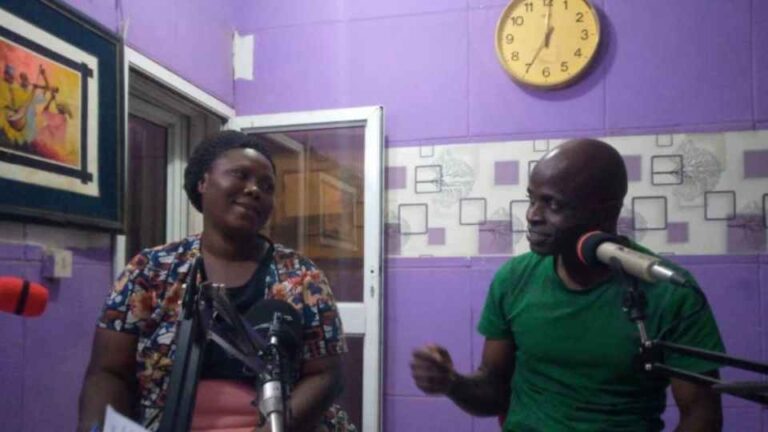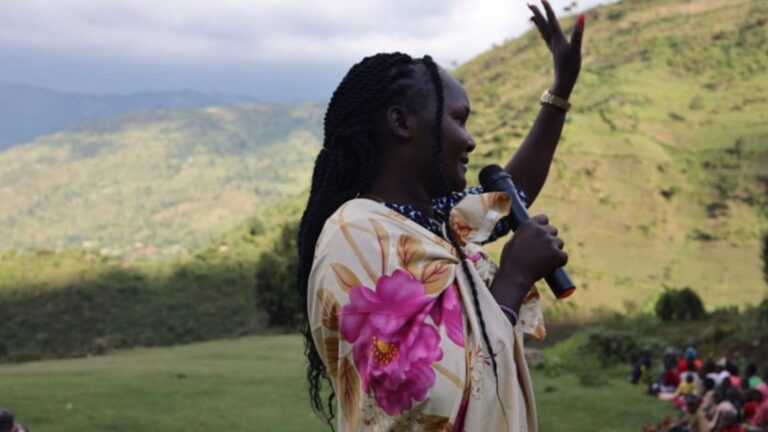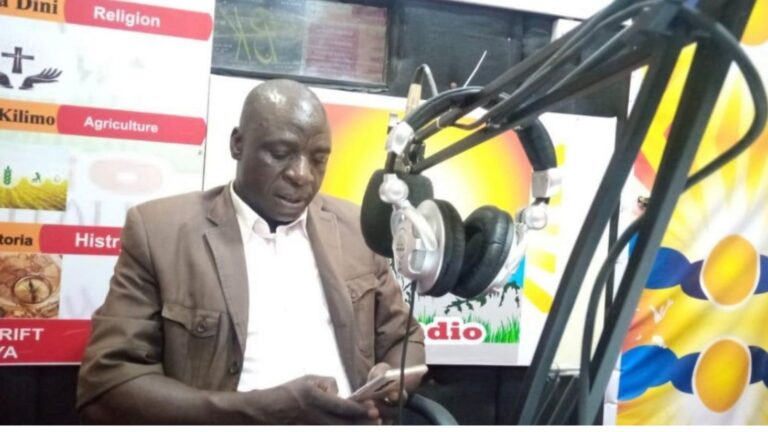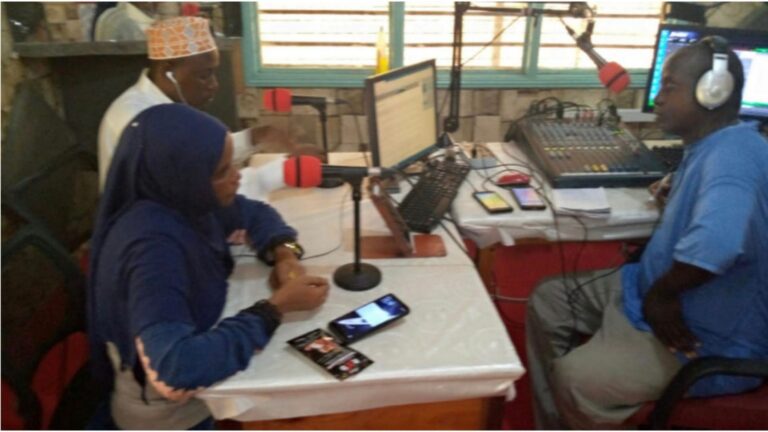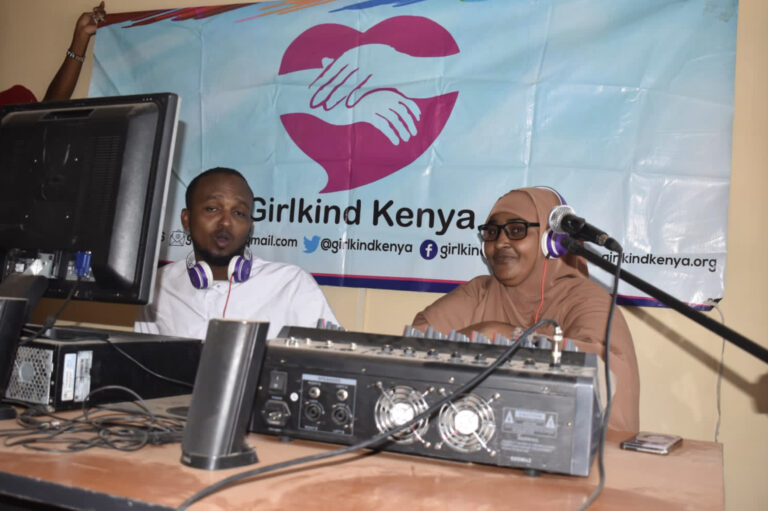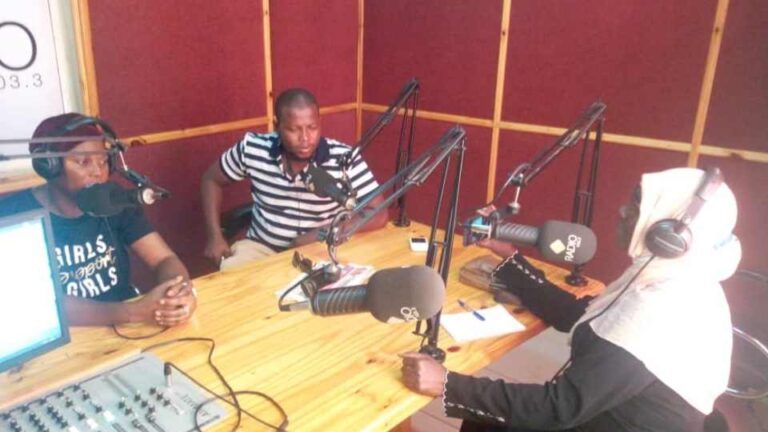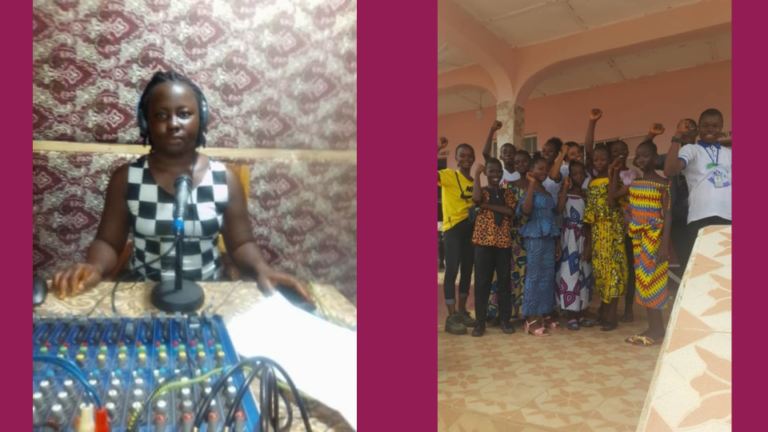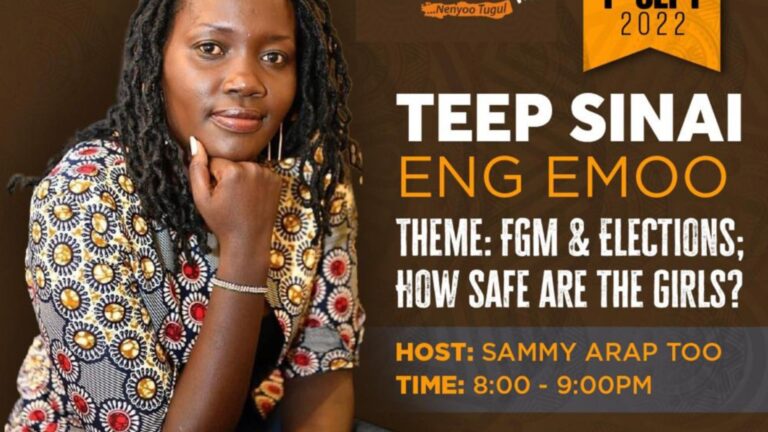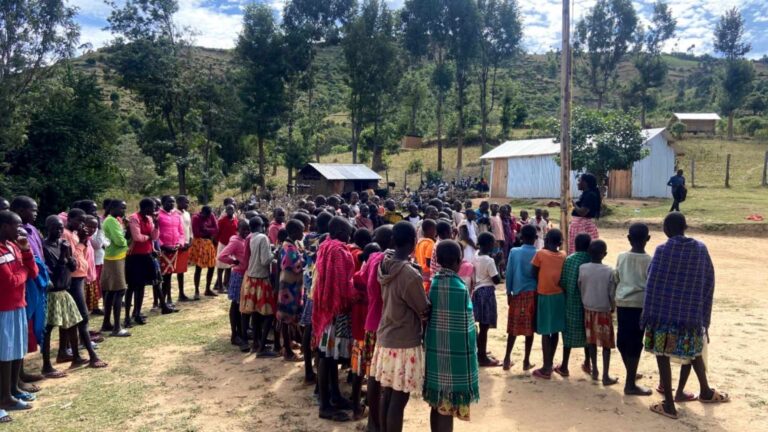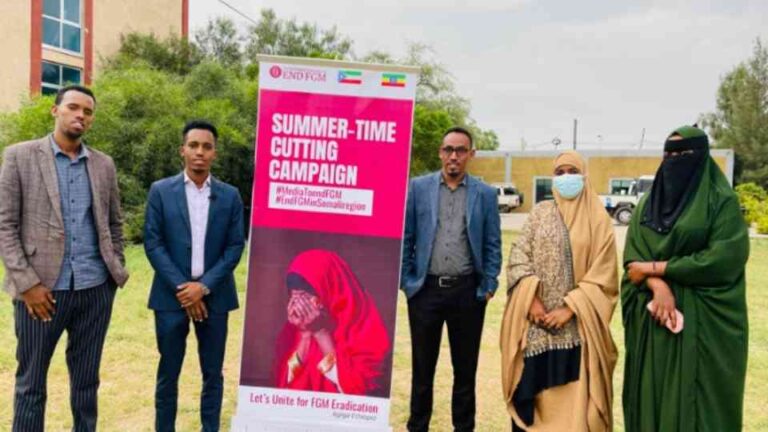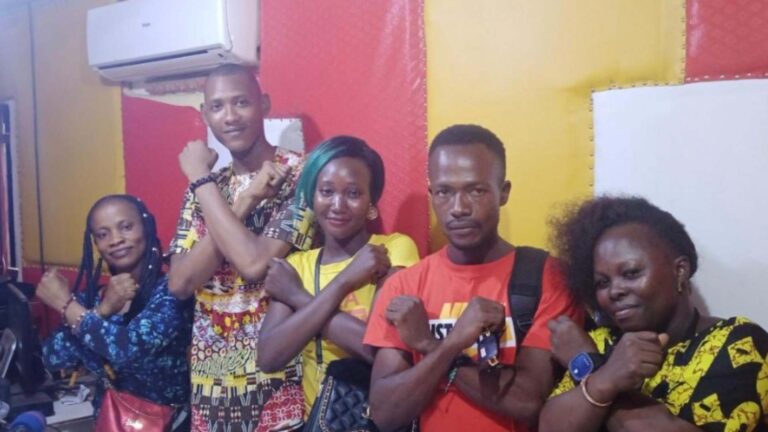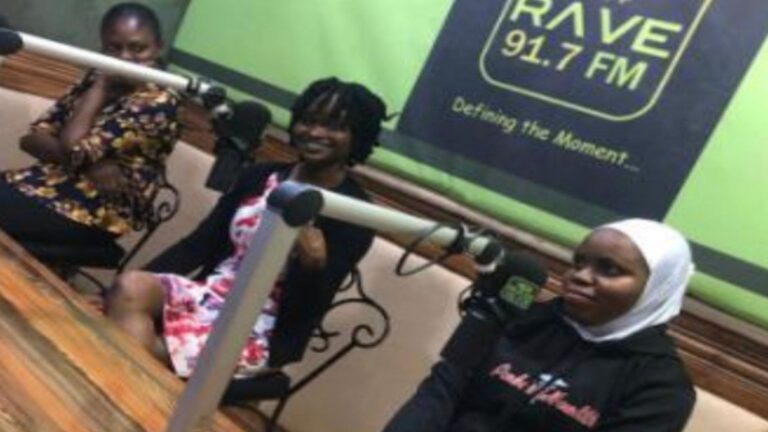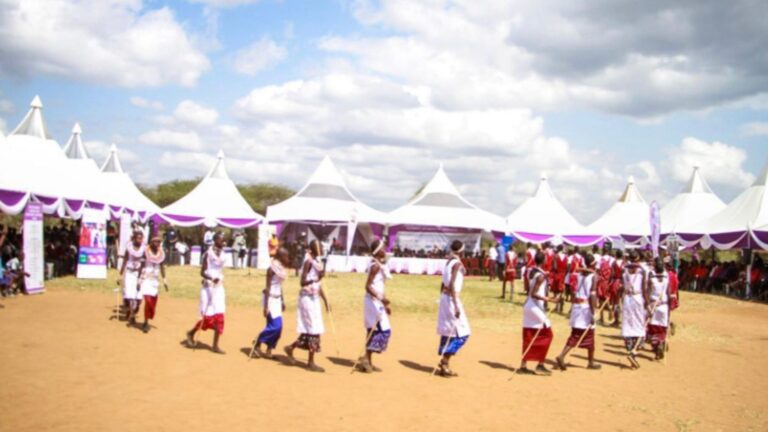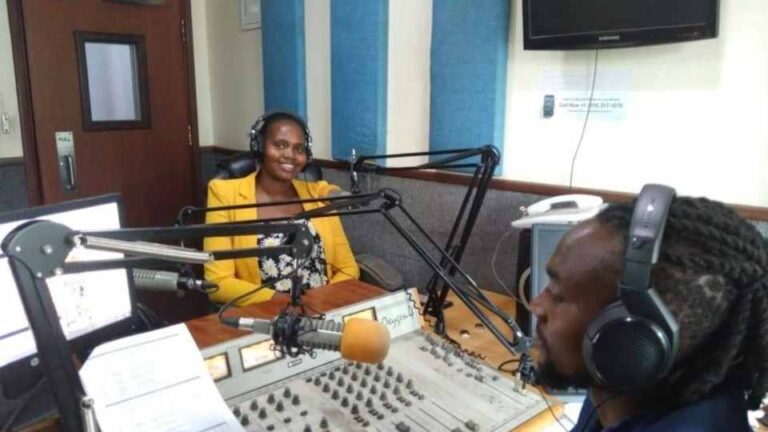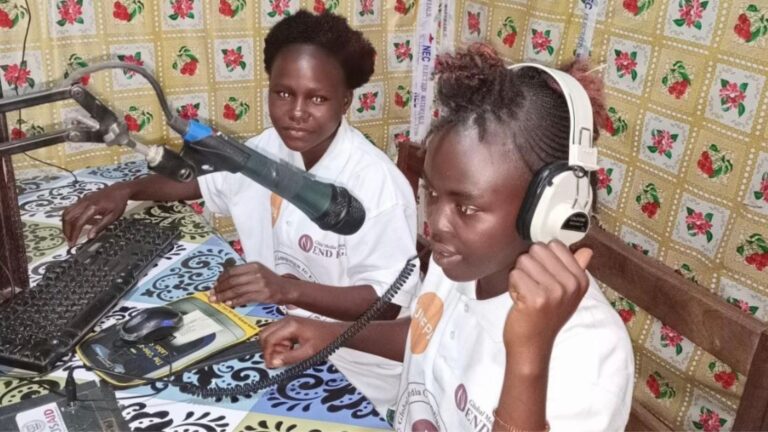The break from school in December -January is one of the longest breaks that children get throughout the year. It is well known that throughout Kenya families take advantage of the long break to submit their girls to Female Genital Mutilation (FGM).
In Kenya, GMC funded 13 campaigners over this period. From their efforts, 1611 girls were saved and 73 arrests were made as strategies were sharpened and police relations strengthened to end FGM. From the 1611 girls: 657 girls were given safe houses, and 954 were saved through initiations where the parents agreed to change their minds and not cut their girls.
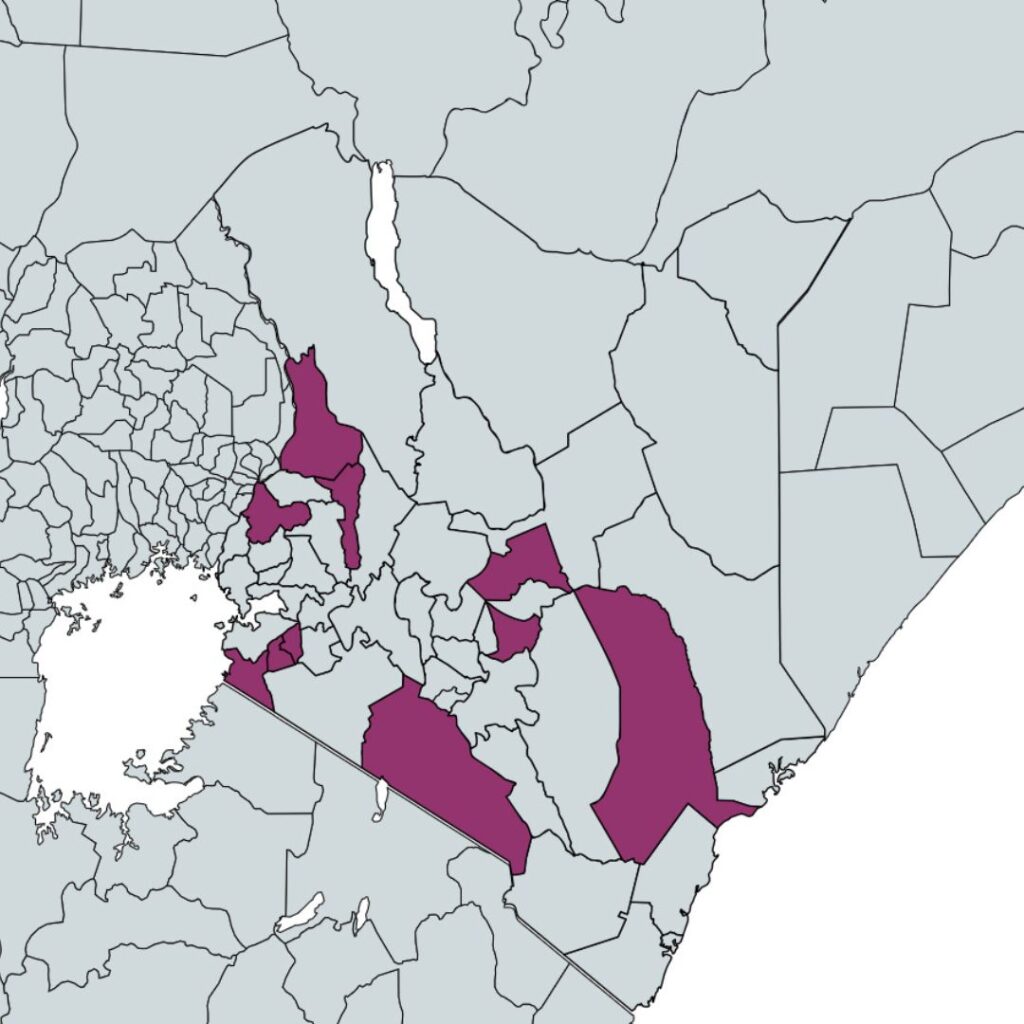
The campaigner’s strategies differed from region to region.. (some examples below)
VINCENT OGALLO – KURIA COUNTY
The preparations for FGM began in November.
“We brought the police to the radio to tell people what will happen: Arrests will be made!”
Vincent Ogallo
We had a team of 30 champions working together through the support of GMC. Each champion was given Airtime and transport to facilitate their travel. We created a WhatsApp group that included security personnel and also 30 monitors. Police and monitors used the GMC Whistleblowers map to pinpoint areas in need of attention. Monitors were able to pick up the cases in real time letting us know which village, the names of the girls at risk, and the households. We set up 7 rescue spaces for the girls.
512 girls were rescued and taken to safe houses and 38 arrests were made. Read more about Vincents work here.
ESNAHS NYAMBA – KISII AND NYAMIRA COUNTY – Focus on medicalisation of FGM
“Clinical officers in these regions often perform FGM behind the curtain… going to the homes after work and do it without anyone knowing.”
Esnahs Nyamba
In Kisii county and Nyamira county end FGM campaigner Esnahs Nyaramba worked with community safety officers (CSOs) and health volunteers. The health volunteers – new to the medical world were sensitised to understand how FGM is wrong as well as ways to report suspected cases. Esnahs sensitisation worked as 4 clinics were closed down due to the professionals being caught. Read more about Esnah’s work here.
SOLOMAN KITERIE – MT ELGON – Elders agreed to save 2 girls each
In Mt Elgon there is only a small area that is still practicing FGM in Chapkitale -it is very difficult to access as it is on the top of a mountain surrounded by the bush – the same area where recent reports found that 20 girls underwent FGM. It was agreed therefore that village elders and officers would each save two girls. This led to 60 girls being saved from FGM.
AMBROSE MERIAN – NORTH POKOT
Community Health Volunteers (CHVs) trained to give accurate reliable information so that police and campaigners together could reach locations before it was too late. Ambrose and his team identified reliable CHV’s in the following areas: kiwawa ward villages: kamla, kauriong, sangakai, and Katuda. Ambrose was working in an area where FGM and Child Marriage is happening often, read more about his campaign work here.
ALICIA MASINTE – KAJIADO SOUTH
“Arrests will be made including heavy fines if you cut your girls”
Area chief, speaking out on KTN TV And Mayan FM. Alicia’s team worked directly with the area chief who even offered his car up in any case of rescues. Alicia’s strategy was to involve a surveillance team of 20 (young adults aged 15-28) trained to report cases of FGM and feedback reliable information.
Challenges
Peer pressure:
In North Pokot where Domtila Chesang is campaigning many girls are succumbing to peer pressure, running from their homes to be cut. Parents are now afraid to arrange FGM, due to the increase in arrests but the village attitudes have not changed.
“One 16-year-old ran from her home, three hours away to find a cutter.”
Domtila Chesang
Drought:
End-FGM campaigner Zippy Sawaina from Kajiado County shared that families are in a desperate situation since the drought, the loss of cows has been detrimental to their living situation and therefore families are now looking to their daughters to exchange for cows.
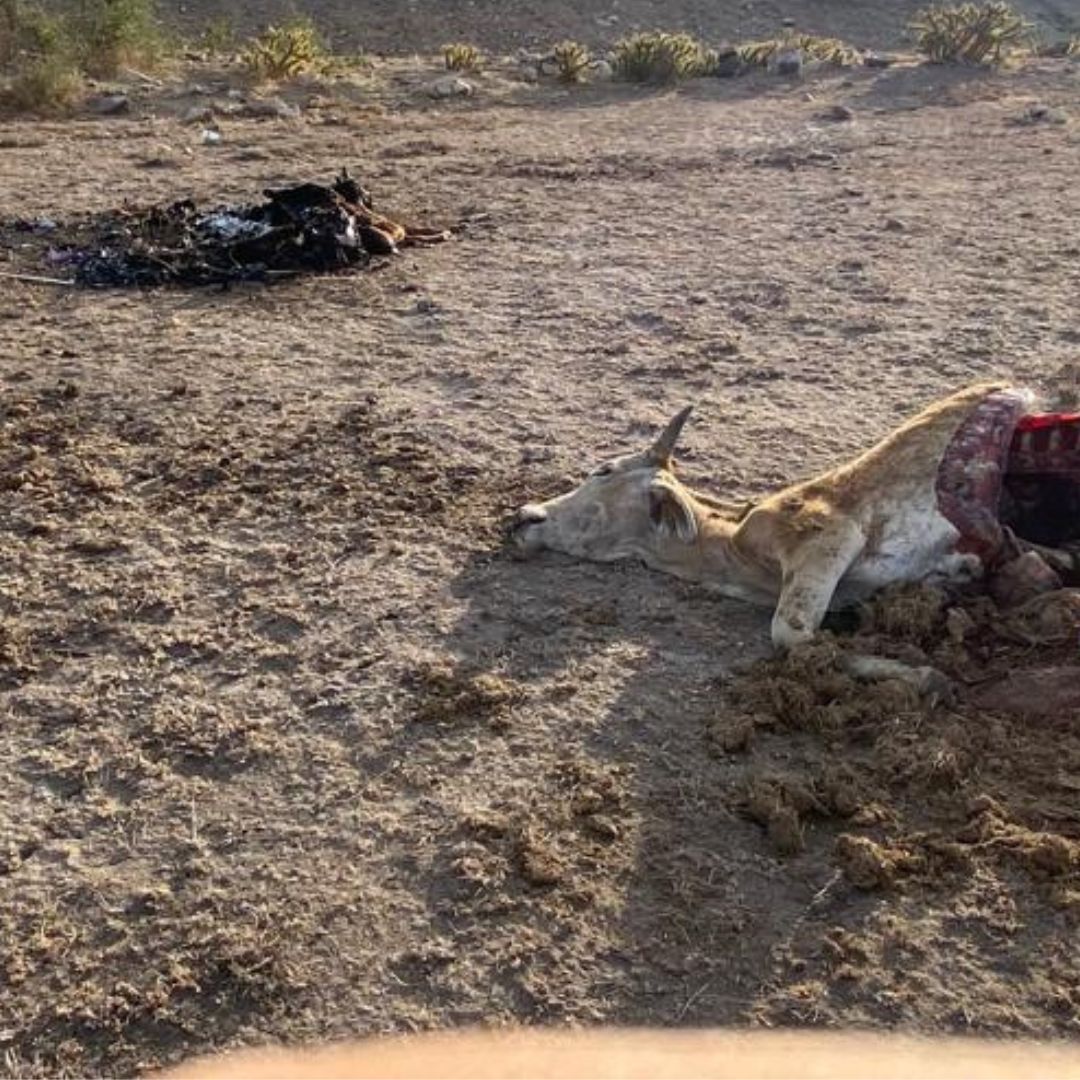
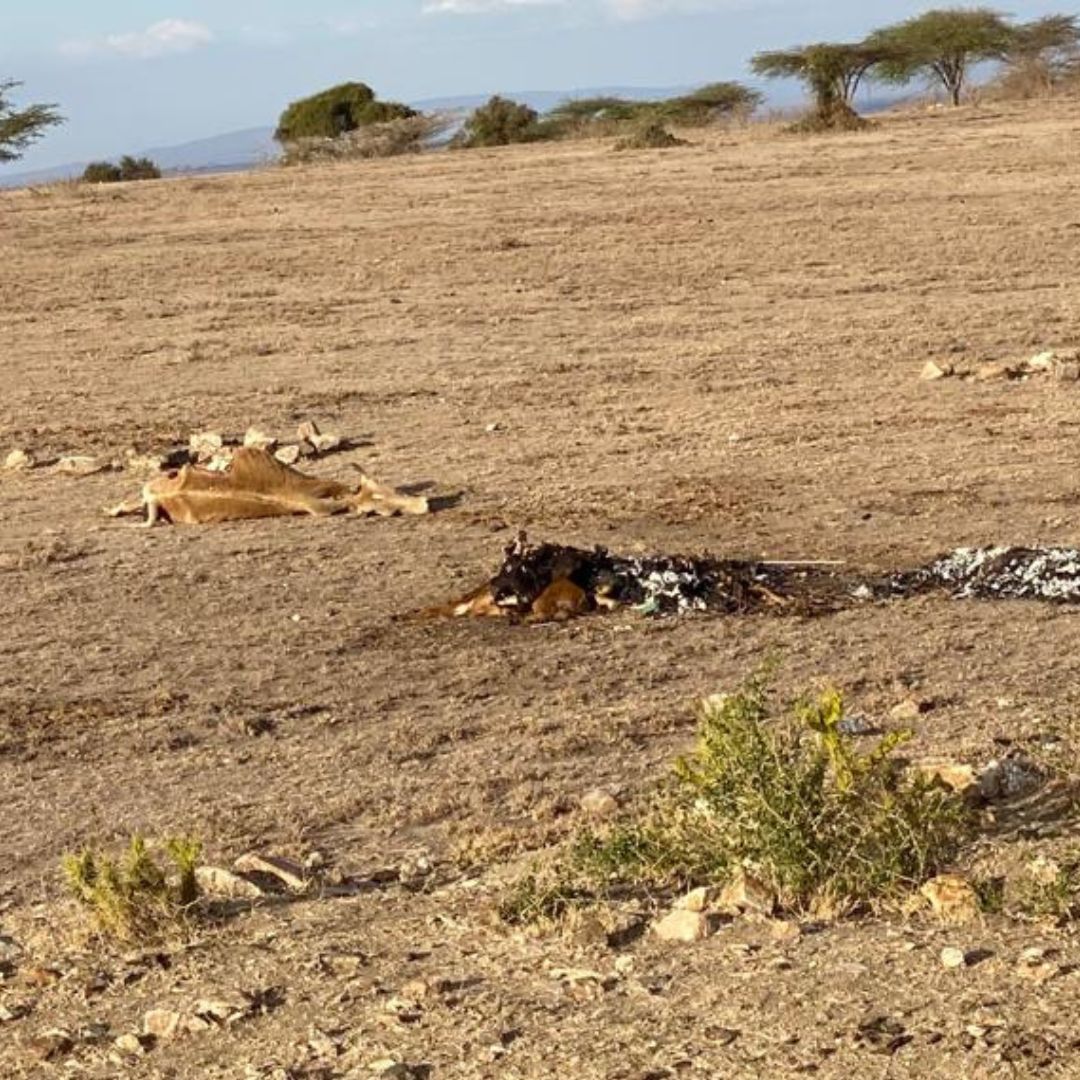
“The girls that would normally be in school are very vulnerable now. We had one case in December of a girl aged 12, who was about to go through FGM and sold off as a child bride. We have been watching the case closely we the help of her teacher to keep her safe.”
Zippy Sawaina
Community War
The community war between Pokot and Marakwet flared up in January. It has caused much tension, two girls have already been killed due to conflict and many cows and goats have been lost due to bandits coming into homes.
“We fear that families are taking advantage of the community war, as police have their attention elsewhere. everyone is armed now, and so police are also less keen to intervene in potential FGM cases from fear of their own safety.”
Catherine Thiakunu
Read more about Catherines work here.
Success stories:
Having the surveillance teams on the ground worked well as all campaigners reported cases where their monitors and teams on the ground were able to intervene before FGM took place.
One example was on the 2nd of December in Kimana, Kajiado when a priest was given a tip-off about 43 girls that were planned to be hidden amongst the boys cutting ceremony the next day. Alicia Masinte and her surveillance team in Kimana came to the rescue and the girls were given a safe home to stay in, whilst the team spoke to the parents about the seriousness of FGM.
On the 16th of December in Kapchebau village, Embobut East, Campaigner Sadia Hussein was in the village for sensitisation, by chance, a cutter Talaa Kirotich was in the village for the day and was preparing cut 20 girls.
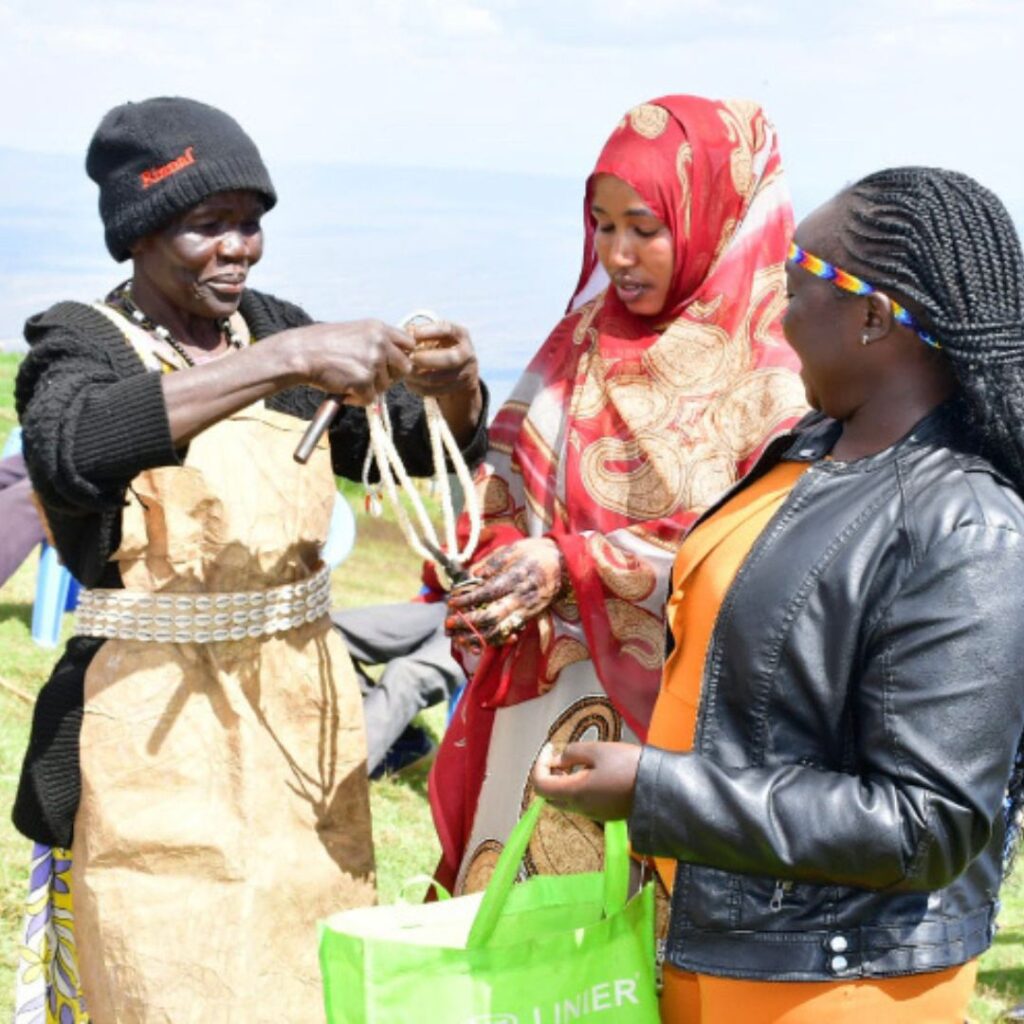
Sadia informed the police and told the cutter that she would be arrested if she went ahead. The cutter agreed to lay down the knife for good.
Conclusion:
13 Campaigners across Kenya ensured the safety of 1611 girls over the December – January break. This work doesn’t come without risk as often villages are not keen to make this change.
“Some of these areas are very hostile, with no roads and no police post nearby, therefore rescue has to be handled in a culturally sensitive way, working with religious leaders and chiefs to save the girls.”
Ambrose Merian
It also requires a great determination as the terrain makes many challenges which can make the remote locations difficult to access.
“I drove three hours and my car got stuck because the village is so remote, I used all my petrol but I still got up and went back the next day.”
Domtila Chesang
Despite all the challenges campaigners have not lost motivation and continue to find safe places for girls as well as sensitise villages to keep the conversation going.
‘GMC please never tire! The funding is bearing fruits.’
Soloman Kiterie
Ideas that campaigner suggested would help next time:
- Having a simple reporting tool so that names and dates can be recorded – arrests, girls saved
- More allowance for phone connectivity – so monitors can make calls and alert the teams faster
- Learning from each other – what works well – strengthening the countries’ campaign together to end FGM


